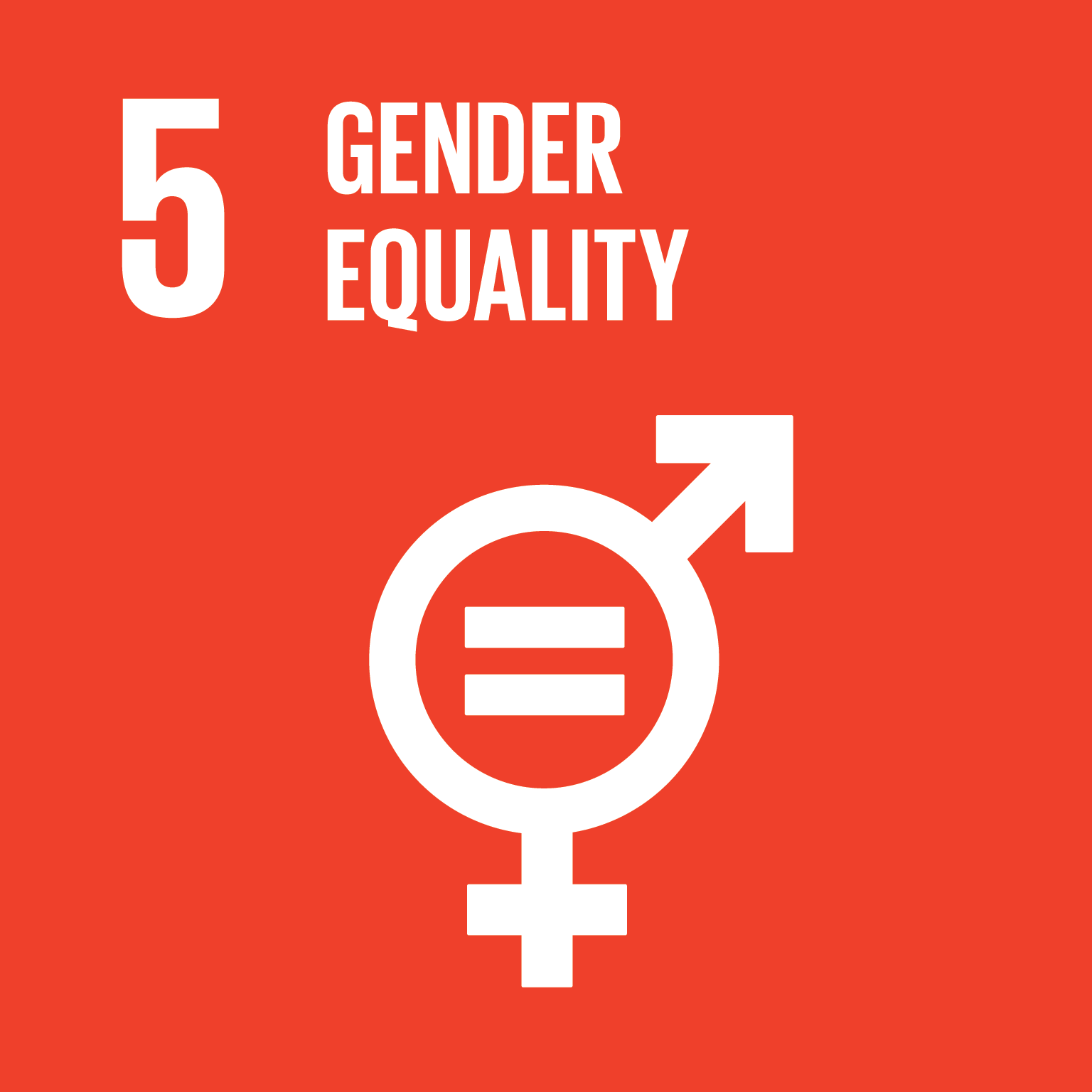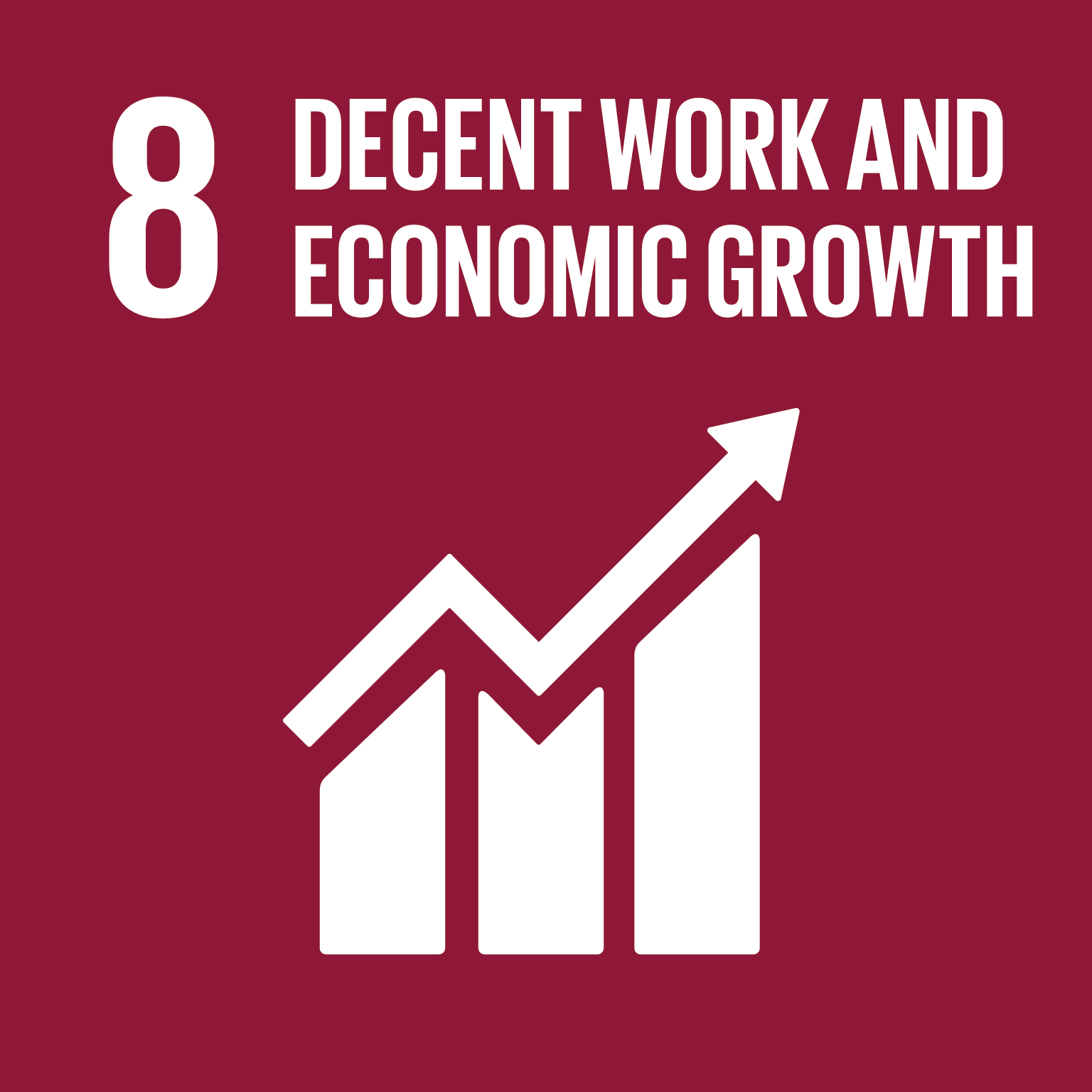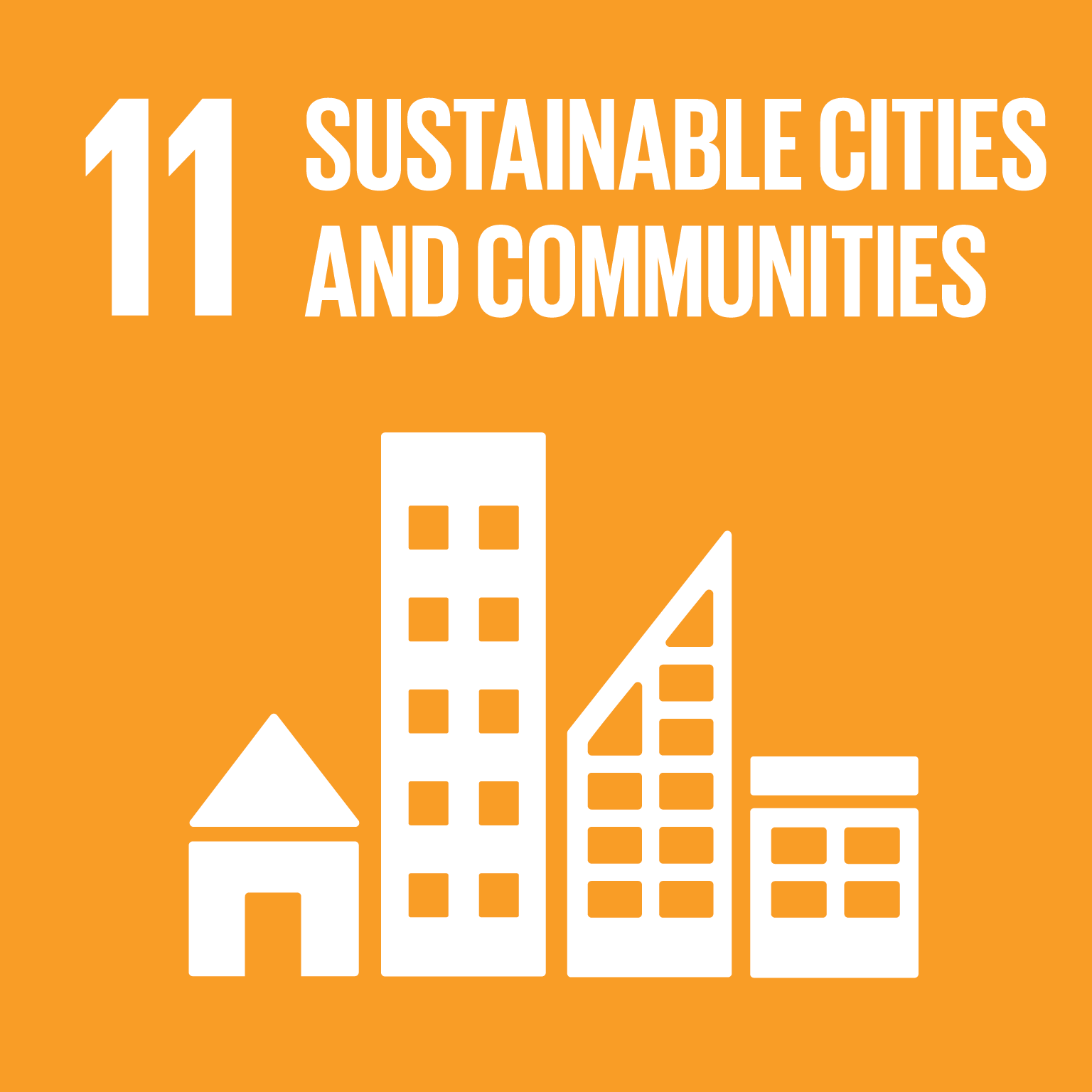With increasing economic development, women may move from the traditional realm of unpaid domestic work towards greater involvement in the paid workforce, greater acquisition of human capital, and greater involvement, in general, within economy and community.
However, this increase in education and employment opportunities, and therefore greater involvement in non-domestic activities, engenders some unintended consequences for women as participants in the economy, especially in social settings that are patriarchal and caste-based, and where gender inequities are deeply entrenched. CID researcher will examine the relationship between the sexual crimes against women (including rape, molestation and sexual harassment) and their labour force participation rates as the instances of these types of crimes can curb the freedom of movement for women and affect their economic participation.
Lead: Ankita Mishra
Others: Jaai Parasnis (Monash University), Vinod Mishra (Monash University)
SDG alignment



Work in Progress:
Mishra, A., Parasnis, J., Mishra, V. Effect of crimes on women’s labour force participation in India: District level analysis.


